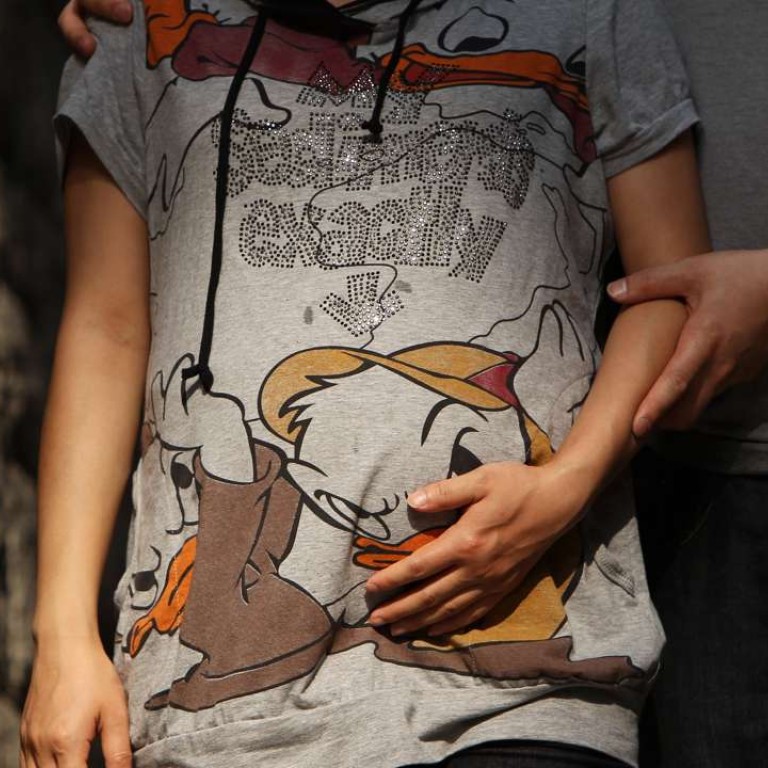
Hong Kong’s public hospitals urged to offer pregnant women drug to cut rate of hepatitis B transmission
Studies in Taiwan and China found expectant mothers who were given the drug cut rates of transmission to as low as 0 per cent
Health officials were urged on Wednesday to encourage the prescription of a new antiviral treatment which was found in recent studies to be effective in reducing the risk of mother-to-child hepatitis B transmission.
According to the non-profit organisation Asiahep, two separate studies conducted in Taiwan and China found that pregnant mothers who were administered antiviral treatment for 12 to 16 weeks reduced the transmission rate of hepatitis B to as low as 0 per cent.
The antiviral treatment, which is available in Hong Kong in private clinics, has yet to be introduced in public hospitals.
“They are very cautious about introducing new medications because it requires changing existing structures,” said Dr Nancy Wai-Yee Leung, founding chairwoman of Asiahep. “But I think we have the data to support it.”
The treatment introduced in the Taiwanese and Chinese studies found that if pregnant mothers took antiviral pill tenofovir (TDF) during their term, their babies had a lower chance of becoming a carrier of the virus. The Chinese study, which was published in the New England Journal of Medicine in June 2016, saw a 0 per cent rate of hepatitis B transmission when mothers took TDF.
Both studies tested mothers who had high levels of hepatitis B DNA levels and who were also infectious carriers.
Hong Kong launched a universal hepatitis B vaccination for all newborns in 1988 and the overall prevalence of child carriers has dropped from 10 per cent in 2010 to 0.78 per cent in 2016.
“0.78 per cent may seem like a small number, but it still represents several hundred children in Hong Kong,” said Dr Leung, adding that their goal “is to bring that number down to zero”.
In a separate study conducted by Asiahep, researchers found that despite receiving vaccinations at birth, 3.5 per cent of children of hepatitis B carriers became infected and became chronic hepatitis B carriers by age 16.
Hepatitis B affects more than 2 billion people worldwide and medical professionals estimate that 6 to 8 per cent of Hong Kong’s population carry the virus.
An estimated 25 per cent of hepatitis B carriers will progress to chronic hepatitis, cirrhosis or liver cancer, according to Asiahep. The main modes of infection are contact with contaminated blood and bodily fluids.
